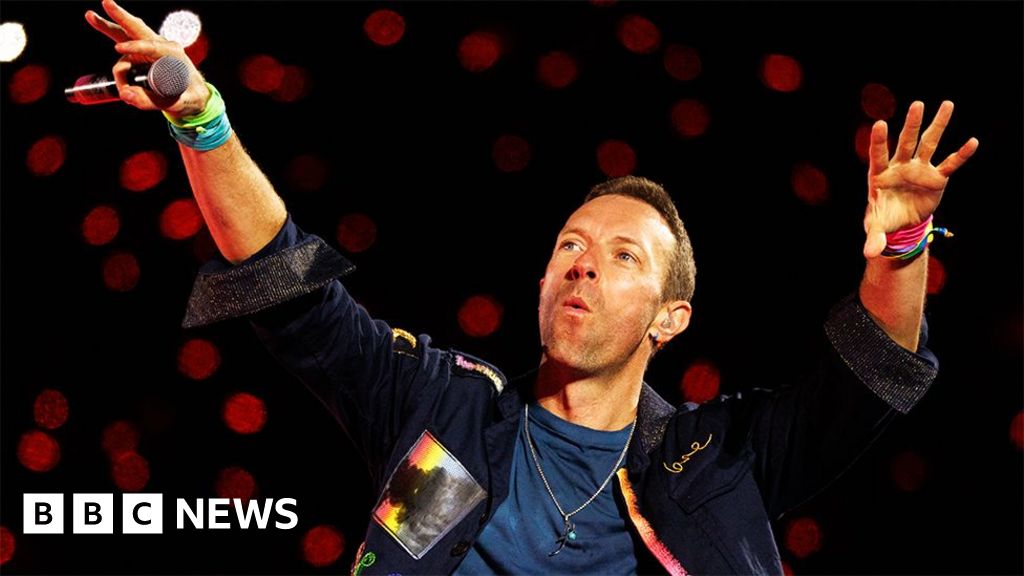In a new report, Haaretz newspaper discussed the way the Israeli press covers the war waged by the occupation against… Gaza stripIt shed light on the media’s identification with the government’s approach and its aspiration to be consistent with the mood of the street.
The newspaper says that the Israeli public follows the facts of the war through indisputable reports broadcast on local channels from the official accounts of the Israeli army, in addition to a daily press briefing by the spokesman for the occupation army, Admiral Daniel Hagari.
At the same time, the coverage downplays crucial questions that have arisen during the conflict, such as the extent to which Israeli prisoners in Gaza are at risk from the ground operation.
Likewise, the killing of thousands of Palestinian families in Gaza as a result of Israeli air strikes is ignored, and Israeli media coverage shows images of destroyed buildings without mentioning the possibility of people being buried under the rubble.
The newspaper explains that a small number of voices challenge the government’s approach on air, and there is an obsessive repetition that the reports have been approved for publication by military censors.
The media also pays too much attention to emotion at the expense of difficult news reports on the issue of hostages.
Perhaps more than anything else, the media landscape is characterized by endless forms of self-censorship.
Journalists and media researchers fear that Israeli broadcasting will return to bad habits as part of an attempt to raise morale “and maintain solidarity with the soldiers who risk their lives in Gaza, thus failing to reflect the reality in Gaza.”
Surrender to the mood of the street
One of the channels’ correspondents says, “There are no explicit instructions, but there is this kind of sentiment that does not allow any place for the stories of Gaza’s victims in the news broadcast.”
The correspondent adds, “This is a surrender to the public mood, which says that after such a great disaster”Al-Aqsa flood“You must not give the enemy a chance.”
Haaretz says this harms the role of the journalist “because viewers get used to not treating the other side as human beings, and then they do not understand why the entire world, which sees the difficult images from Gaza, turns its back on us and treats Israel as an aggressor.”
Researcher and academic David Gurevitz says, “In the beginning after the outbreak of war, the broadcast media played a responsible role. Now it has become a propaganda arm of the government, full of populism and fiery patriotism. What motivates the media is the desire to appeal to the public and obtain high ratings.”
He added, “There are no explicit instructions, but there is this kind of sentiment that does not allow any place for the stories of Gaza victims in the news broadcast.”




